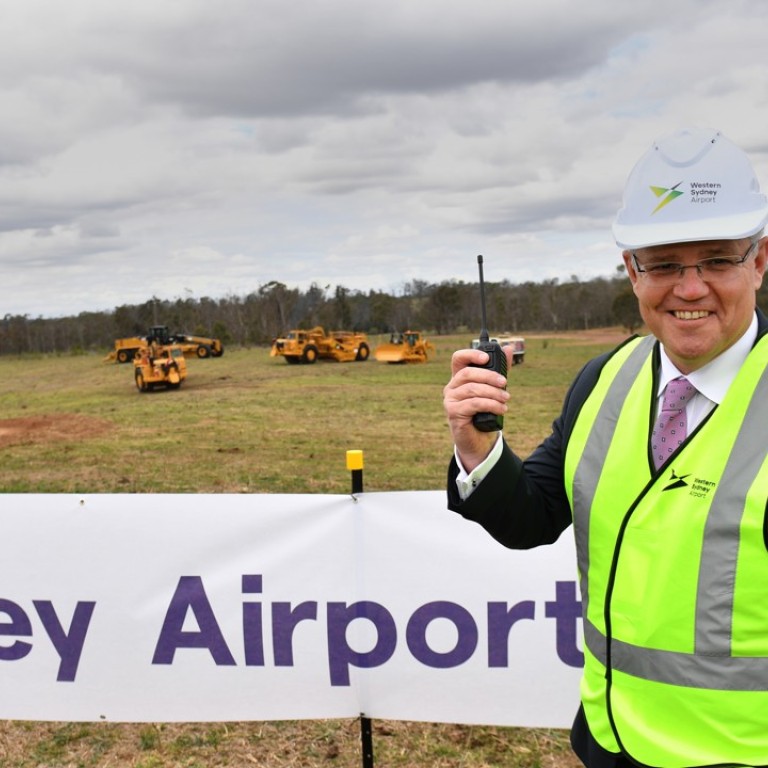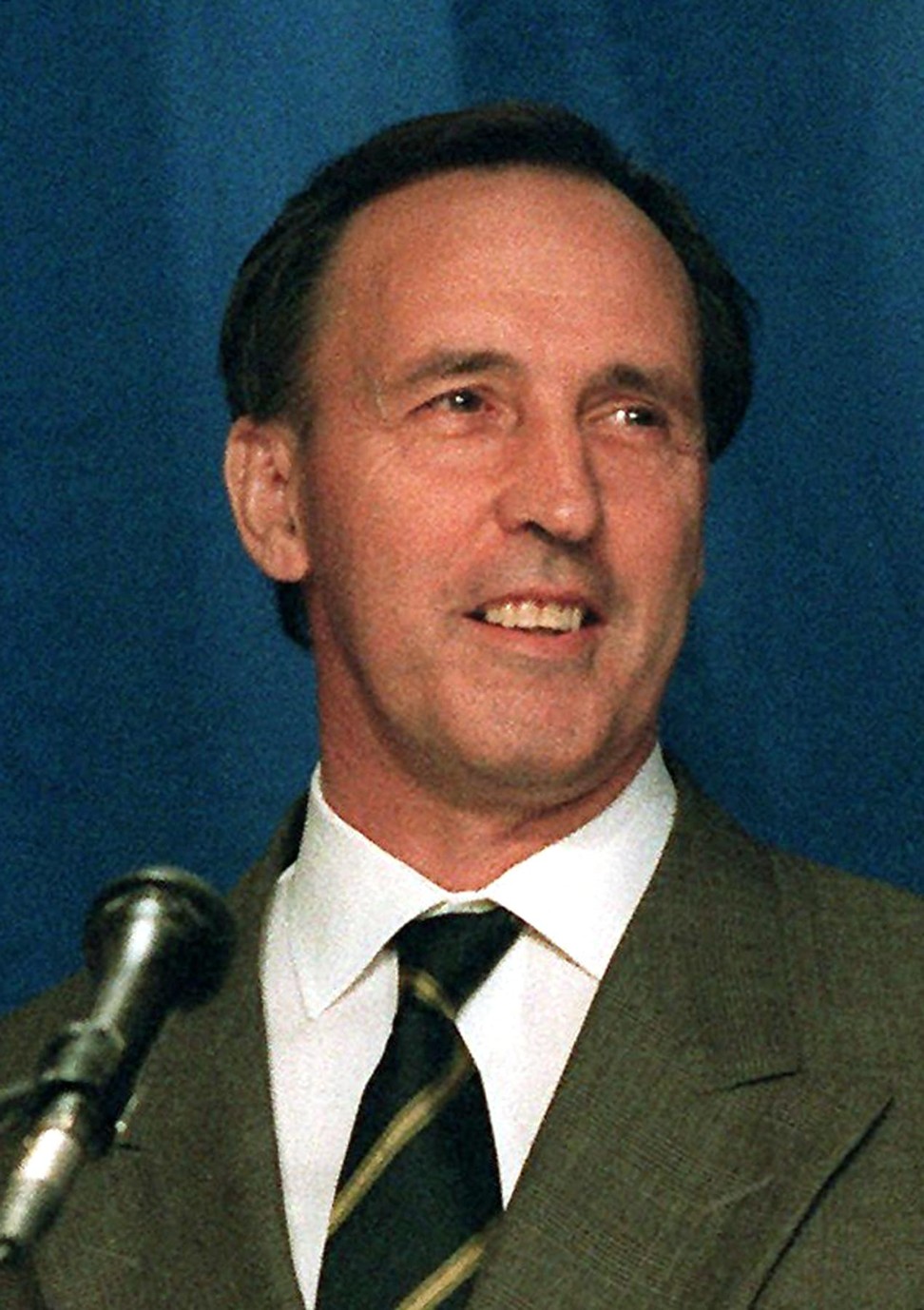
Australia is always open for business, whether it is Scott Morrison or anyone else in power
All of this is against a global backdrop of rising nationalism and protectionism. With an Australian federal election to be called by May next year, if not sooner, what should foreign investors be thinking about? Perhaps history provides a clue.
In 1976, the conservative Liberal Party government created the independent Foreign Investment Review Board. This board was given a clear goal: to approve investments that deliver “net economic benefits to Australia”. By 1983, the review board had rejected only 2.7 per cent of applications over the preceding five years.
Crucially, from 1986, the review board deemed investments approved, unless it could show they would be a net drag on the economy.
By 1987, the outcome of the left-leaning policies of Bob Hawke and Paul Keating meant rejections dropped to 2.2 per cent. So much for Liberal coalition governments having a monopoly on pro-investment policies.
Between 1987 and 1995, Commonwealth Bank, Qantas and Telstra were privatised. Foreign Investment Review Board rejections dropped to 2.0 per cent.
In the last five years, there have been only 11 rejections out of 130,599 applications (excluding withdrawn applications), or 0.008 per cent. The last three rejections have been against companies from the US, Singapore, Hong Kong and China.
Scott Morrison named new Australian Prime Minister
History demonstrates that both major political parties have maintained an openness to foreign direct investment. Foreign investment remains a key component of growth that both political parties will continue to rely on.
Andrew Macintosh, chairman, Australian Chamber of Commerce in Hong Kong; adjunct faculty, Macquarie Graduate School of Management


